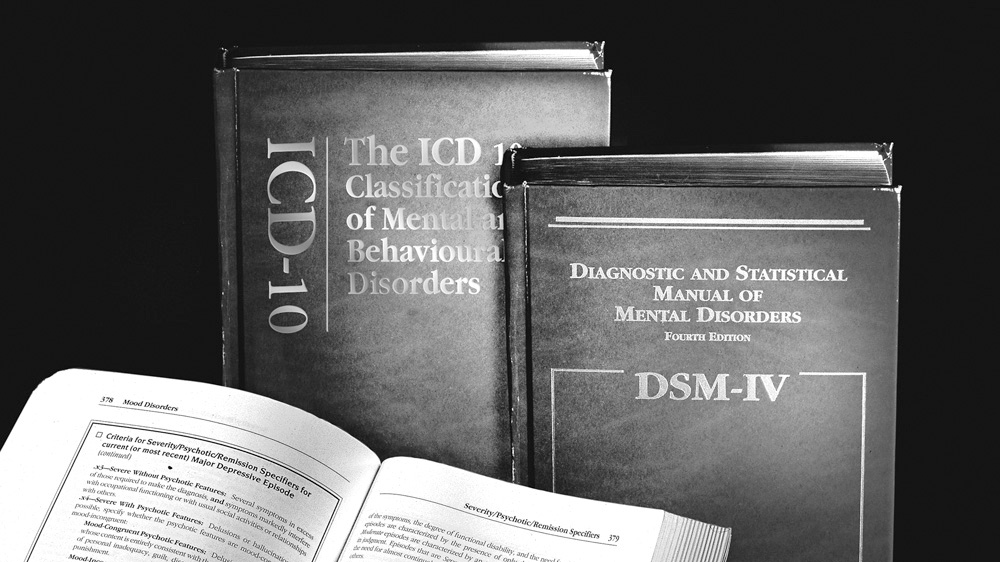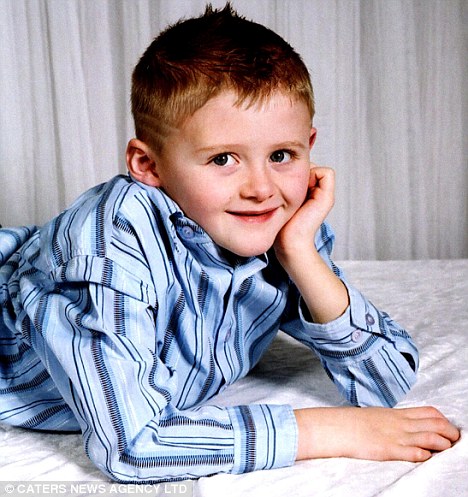
The problem with the DSM
Do you have a shopping addiction disorder? Perhaps an addiction to food? Maybe one of your kids has Internet addiction disorder, or video-game attachment syndrome. Well, not quite yet, because these kinds of new mental diagnoses are only proposed, not final, for the new revision of the Diagnostic and Statistical Manual of Mental Disorders (DSM), the bible of the American Psychiatric Association (APA).
And there is a terrible problem with this. The DSM was first created in the 1920s. Based on psychoanalytic theory, it enumerated fewer than 100 mental problems that a psychiatrist could diagnose, all of them attributable to environmental conditions, generally the role of parenting. We know now that this theoretical stance was limited and, in many cases, wrong. In 1980, the second revision of the DSM took place. Freud was discarded, and the revised bible now included several hundred disorders, all delineated by a list of observable symptoms and a framework for limiting and differentiating diagnoses.
Three versions later, the current DSM lists more than 1,000 disorders. No theories are espoused for their origins, though implicit in it is that there is a mix of genetic and environmental causes that shape neurological development. During this period of about three decades, the incidence of attention disorders in the general population has increased from 2 percent to 10 percent. In the 1980s, people diagnosed with bipolar disorder represented less than 1 percent of the population; now the number has increased to 5 percent. New diagnoses, like oppositional defiant disorder and conduct disorder, now cover as many as 5 percent of children.
Autism, which afflicted a tiny percentage of the population in the 1990s, now accounts for 1 out of every 100 children. What is wrong with this picture? Do we have an epidemic on our hands? Something in the water we drink, or the air we breathe?


